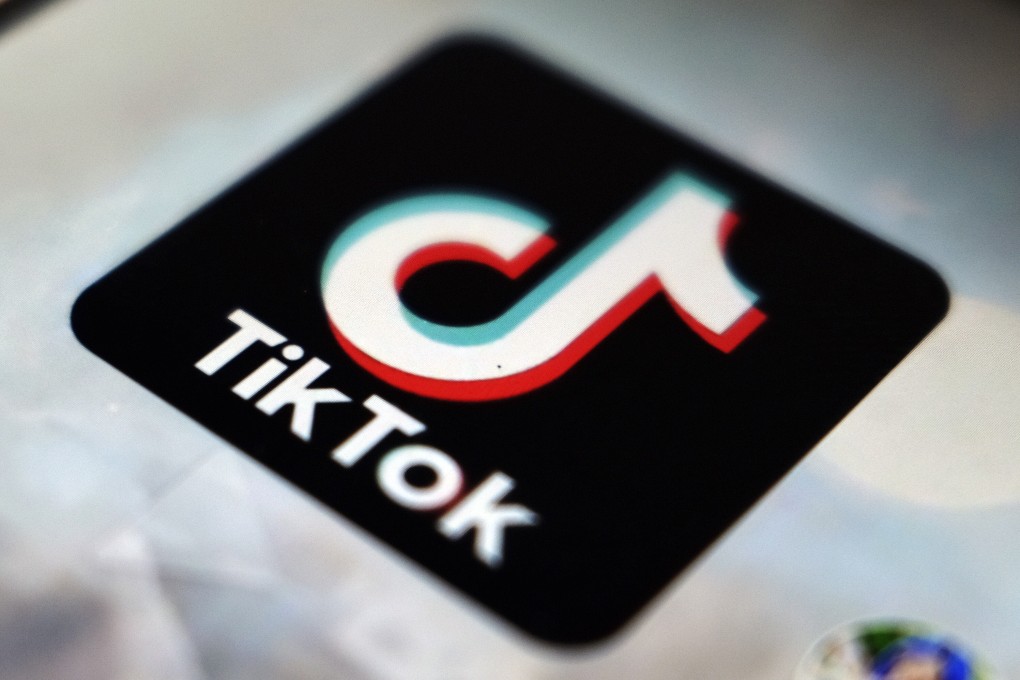TikTok and Douyin top global non-gaming downloads in October amid tightening regulatory environment
- The success of TikTok in the US is noteworthy as some of the country’s lawmakers are still raising red flags about data security risks from the Beijing parent
- Instagram was No 2 with more than 56 million downloads for the month, a 31 per cent year on year increase, the Sensor Tower report said

Beijing-based ByteDance extended its global influence last month, with TikTok and its Chinese sister Douyin retaining their position as the most downloaded non-gaming apps amid a stalled initial public offering, a business reorganisation, and the retreat of its founder Zhang Yiming from the boardroom.
The latest data compiled by app tracking company Sensor Tower found that TikTok and Douyin jointly had 57 million downloads worldwide in October. Douyin, which is only available in China, contributed 17 per cent of the new installations, while users in the US accounted for 11 per cent, according to the report.
Instagram was No 2 with more than 56 million for the month, a 31 per cent year on year increase, the report said.
Although the latest numbers for TikTok and Douyin represented a drop from the 66 million downloads in the same month last year, they still showed the extent to which the algorithm-powered short video apps remain popular worldwide despite stricter regulations in China, data scrutiny in the US, and an outright ban in India.

The success of TikTok in the US is particularly noteworthy as some of the country’s lawmakers are still raising red flags about letting a company with a Beijing-based parent gather biometric identifiers and biometric information from tens of millions of American consumers.